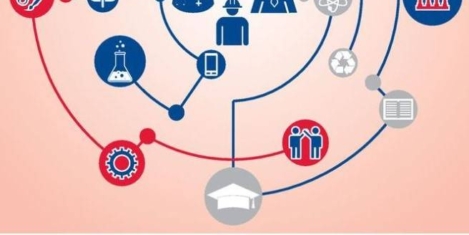To provide the best experiences, we use technologies like cookies to store and/or access device information. Consenting to these technologies will allow us to process data such as browsing behaviour or unique IDs on this site. Not consenting or withdrawing consent, may adversely affect certain features and functions.
The technical storage or access is strictly necessary for the legitimate purpose of enabling the use of a specific service explicitly requested by the subscriber or user, or for the sole purpose of carrying out the transmission of a communication over an electronic communications network.
The technical storage or access is necessary for the legitimate purpose of storing preferences that are not requested by the subscriber or user.
The technical storage or access that is used exclusively for statistical purposes.
The technical storage or access that is used exclusively for anonymous statistical purposes. Without a subpoena, voluntary compliance on the part of your Internet Service Provider, or additional records from a third party, information stored or retrieved for this purpose alone cannot usually be used to identify you.
The technical storage or access is required to create user profiles to send advertising, or to track the user on a website or across several websites for similar marketing purposes.
 A new report from Deloitte claims that 78 percent of employers are looking to invest in workplace wellness programmes in the next three years, citing the main benefits as reducing employee inactivity (32 percent) and improving talent retention (25 percent). However, according to the Deloitte Corporate Wellness Segment many businesses struggle to create meaningful, worthwhile programmes that meet the needs of their entire workforce. Additional challenges for employers include yielding ROI and measuring the effectiveness and value of such programmes. More →
A new report from Deloitte claims that 78 percent of employers are looking to invest in workplace wellness programmes in the next three years, citing the main benefits as reducing employee inactivity (32 percent) and improving talent retention (25 percent). However, according to the Deloitte Corporate Wellness Segment many businesses struggle to create meaningful, worthwhile programmes that meet the needs of their entire workforce. Additional challenges for employers include yielding ROI and measuring the effectiveness and value of such programmes. More →


































September 25, 2019
Flexible working in the age of longevity
by Richard Morris • Comment, Property, Wellbeing, Working lives